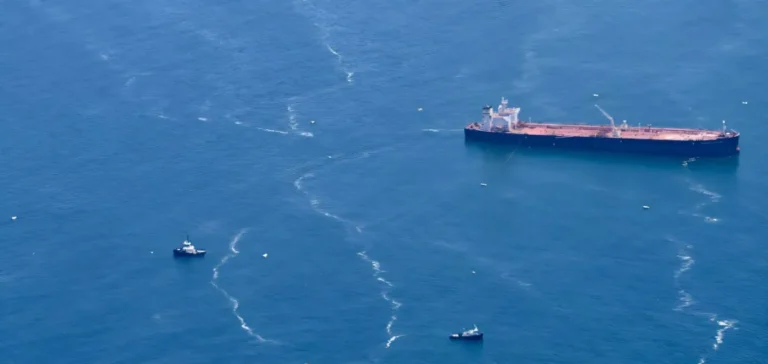Member states of the International Maritime Organization (IMO) have decided to delay by one year the vote on implementing a carbon tax for maritime transport, following diplomatic pressure from the United States. This measure was initially scheduled for adoption during the October session in London to impose a financial charge on carbon dioxide emissions from the global shipping sector.
An American pushback against international regulation
President Donald Trump’s administration intensified its outreach to several delegations to block the implementation of the tax, arguing that it would harm the competitiveness of US trade. Washington reportedly threatened certain countries with new trade tariffs and administrative delays for their seafarers. On his platform Truth Social, Donald Trump described the measure as a “Global Green New Scam Tax,” urging states to vote against the proposed text.
Mixed reactions within the maritime sector
The decision to delay the vote drew strong reactions from maritime stakeholders and European political leaders. Thomas A. Kazakos, Secretary General of the International Chamber of Shipping, expressed regret over the suspension, noting that regulatory uncertainty is slowing down essential investments in fleet modernisation. According to Rico Luman, Senior Transport Economist at ING, the economic impact of the tax on consumer prices would have been limited, as transport costs represent only a marginal share of final product prices.
A diplomatic setback ahead of COP30
This postponement comes just weeks before the COP30 climate summit, scheduled to take place in Brazil, where countries are expected to present new emission reduction plans for the 2035 horizon. The lack of agreement within the IMO risks weakening international discussions, as emissions from maritime transport and aviation are not covered under the Paris Agreement. Several European representatives voiced concern over the US strategy, which could undermine multilateral cooperation on climate issues.
The IMO’s carbon neutrality framework, developed over several years of international consultation, had previously been supported by the United States under the former administration. Washington’s shift in position marks a break in global energy diplomacy and could affect the balance of upcoming negotiations.






















